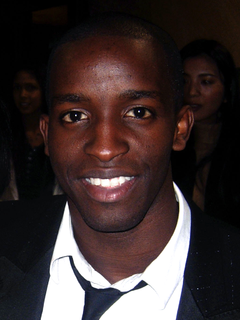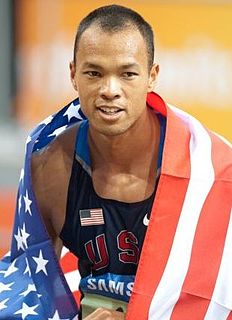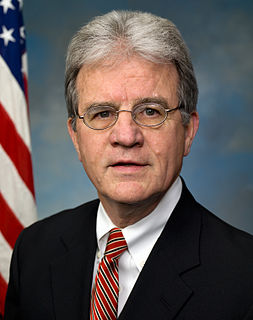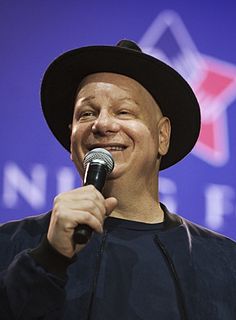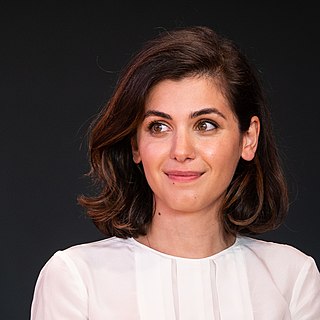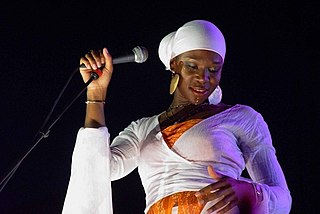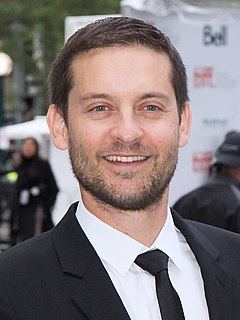A Quote by Elijah Kelley
Growing up in Georgia, it was sort of the last place to jump on the bandwagon of the integrated frontier. I have aunts and uncles and grandparents that experienced the 'whites only' and segregated schools.
Related Quotes
Brantford was the fixed point of my universe, growing up. Both sets of grandparents lived there, with various cousins and uncles and aunts, and no matter how far we'd moved off, we came back there for regular visits. In a way no other houses have ever been, my grandparents' houses were 'home,' and the sale of the last of those houses was hard.
I used to be Amish. I had to stay a lot with my grandparents or aunts and uncles who are Amish, so I was sort of partially Amish. When I go back there now I still get into that culture. I can drive a horse and buggy because they don't use cars. And, of course, there's no electricity. I respect them a lot. The Amish like to live a very plain lifestyle, the way they think God intended. It sort of brings you back to like Little House on the Prairie days or something.
I felt like I was an outsider. I think what happened to me made me develop this street sense of watching people and working out what made them tick, wondering whether I could trust them or not. I went to a lot of schools along the coast in California, made few friends and stayed with aunts, uncles and grandparents while my folks tried to make ends meet. It was tough. We had no money.
